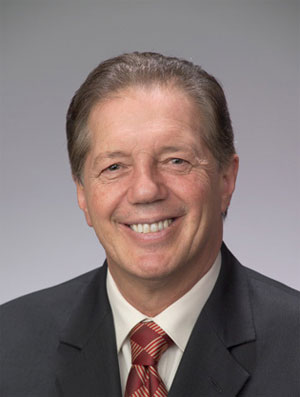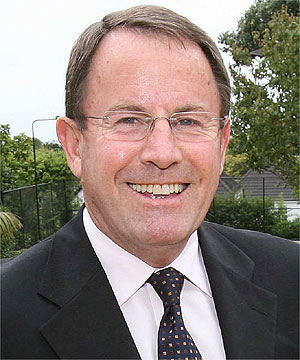Local Government Representative
Tasks & duties

Local government representatives may do some or all of the following:
-
represent and act on behalf of the whole community
-
respond to enquiries from individuals in the community
-
attend meetings with community groups
-
attend council meetings
-
chair meetings
-
study reports, proposals, complaints and petitions
-
discuss issues with other councillors and community officials
-
present and debate policies and proposals
-
vote on proposals
-
make policy decisions on the provision of services to the community
-
serve on special committees
-
supervise their own election campaign
Specialisations
District and City Councillor
District and city councillors make decisions on:
-
community and industrial developments
-
commercial and residential buildings
-
infrastructure services such as sewerage, water supplies, roads, recreation and parks
-
tourism, housing and culture, which can involve theatres, art galleries and museums
-
special events
Regional Councillor
Regional councillors make decisions on regional environmental issues such as the use, management and protection of water, air and land.
Mayor
Mayors are the head of a city or district council, and their duties include chairing city and district council meetings.
Skills & knowledge

Local government representatives need to have:
-
knowledge of the community they represent and the needs within that community
-
an understanding of council services, policies and regulations, and official procedures
-
knowledge of political, economic, social and cultural aspects of New Zealand life
-
good communication and people skills
-
public speaking and debating skills
-
organisational, planning and time management skills
-
skill in researching and evaluating information
-
good decision-making ability
-
basic maths skills
Entry requirements
To become a local government representative you must be:
-
at least 18 years old
-
a New Zealand citizen
-
enrolled on the parliamentary electoral roll
You do not need to live in the area you want to represent. However, your nomination must be made by two enrolled electors living in the council area where you want to stand. At the last election, it cost $200 to submit a nomination form.
Secondary education
There are no specific secondary educational requirements, but English, economics, social studies, history, maths and geography are useful.
Training on the job
Skills are gained on the job but training for newly elected councillors and courses covering a broad range of subjects are offered by Local Government NZ, an organisation that represents the interests of New Zealand's 85 councils. Most councils will arrange any training requested by councillors if it will help them do their jobs more effectively.
Useful Experience
Useful experience for local government representatives includes:
-
community work
-
serving on a school council or board of trustees
-
local campaign work
-
work with a union
-
survey or poll work
-
administrative or business work
-
other work involving contact with the public
Any form of life experience is also helpful.
Related courses
Policy Studies
Political Science
Public and Health Care Administration
For more information, please refer to Career Services.
Document Actions
